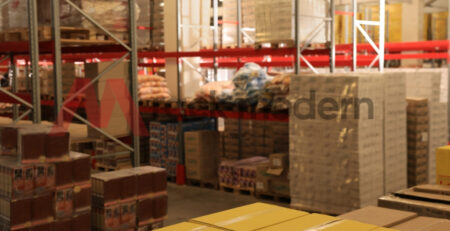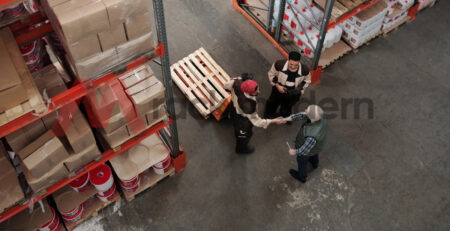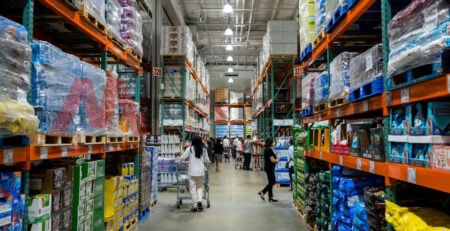The demand for shelving systems in Europe is increasing, particularly in industrial storage, retail, and logistics sectors. However, for manufacturers looking to export shelving systems to Europe, efficient supply chain management is crucial to ensuring on-time delivery and cost-effective logistics solutions.
In this article, we will discuss strategic insights for businesses aiming to expand into the European market with an optimized supply chain.
1. Meeting European Market Standards
European countries require imported shelving systems to comply with EU regulations and quality standards. Products with EN, ISO, and CE certifications are more widely accepted.
Additionally, European businesses prefer eco-friendly and sustainable solutions. Using recyclable materials and reducing the carbon footprint can provide a competitive edge in the European market.
2. How to Build an Efficient Supply Chain?
An efficient supply chain must be fast, cost-effective, and reliable. Here are the key steps:
a) Production Planning & Inventory Management
- Producing according to demand prevents overstocking and reduces costs.
- Smart inventory management software helps fulfill orders on time.
b) Logistics & Transportation Strategies
- Evaluate sea, land, and air freight options.
- Choosing the most cost-effective and efficient transport method is crucial.
c) Warehousing & Distribution Centers
- Setting up distribution centers in strategic European locations speeds up delivery.
- Implementing Just-in-Time (JIT) logistics ensures precise order fulfillment.
3. Customs Regulations & Compliance
Exporting to Europe requires compliance with customs procedures to avoid delays and extra costs.
Key Considerations:
Declare products with accurate HS codes
Ensure CE certification and technical documentation
Stay updated on VAT and import tax regulations
Partnering with a local customs and logistics expert can simplify the process.
4. Smart Logistics Solutions for On-Time Delivery
Delayed shipments can lead to dissatisfied customers. Implementing smart logistics solutions can optimize shipping times.
🔹 Digital logistics management improves order tracking.
🔹 GPS and IoT technologies enable real-time shipment monitoring.
🔹 Alternative transport routes help prevent delays.
Conclusion: Key Factors for Successful Shelving Exports to Europe
Manufacture high-quality, certified products
Optimize production and inventory management
Select the best logistics strategies
Ensure compliance with EU customs regulations
Use technology to enhance delivery efficiency
By following these strategies, shelving exporters can gain a competitive advantage and establish a strong presence in the European market.




Leave a Reply